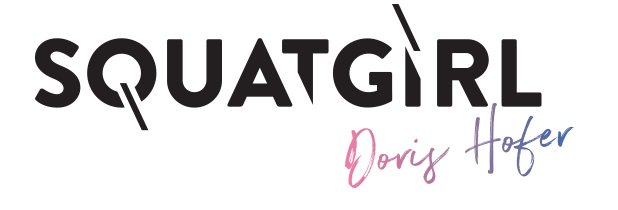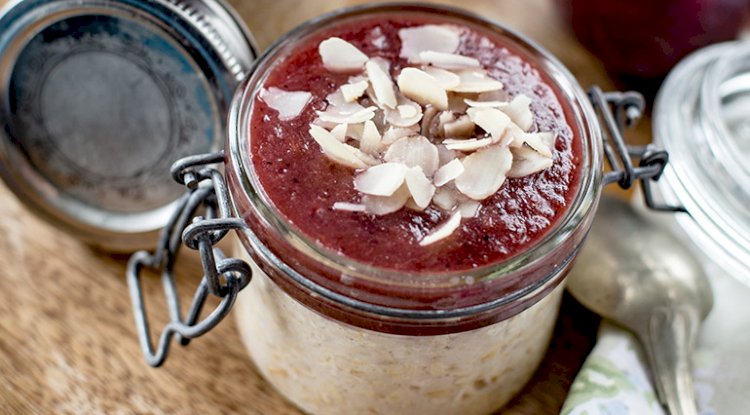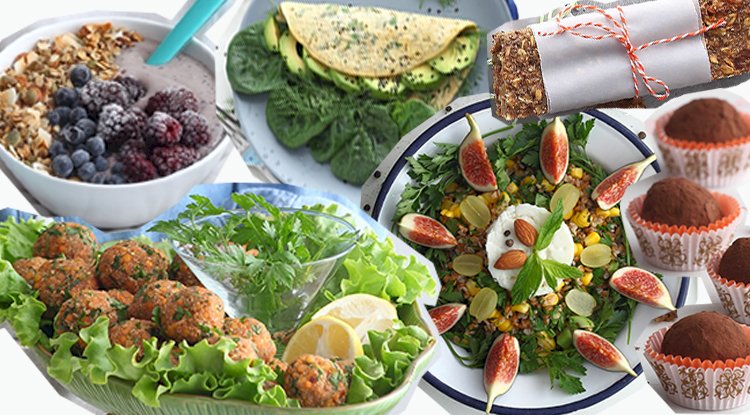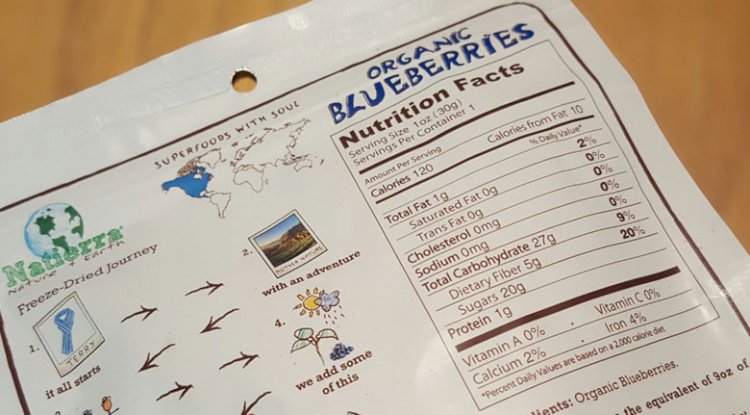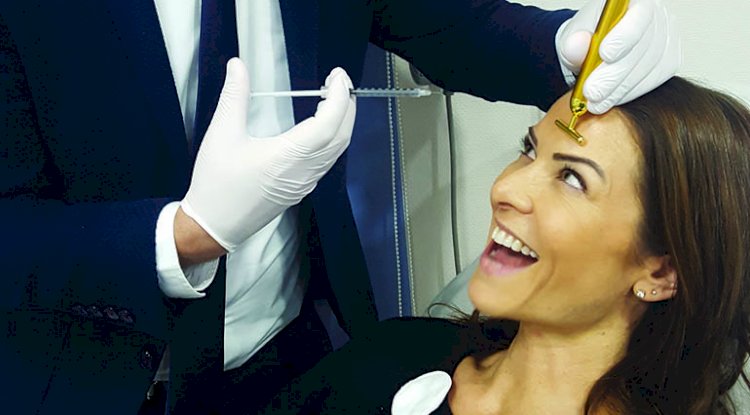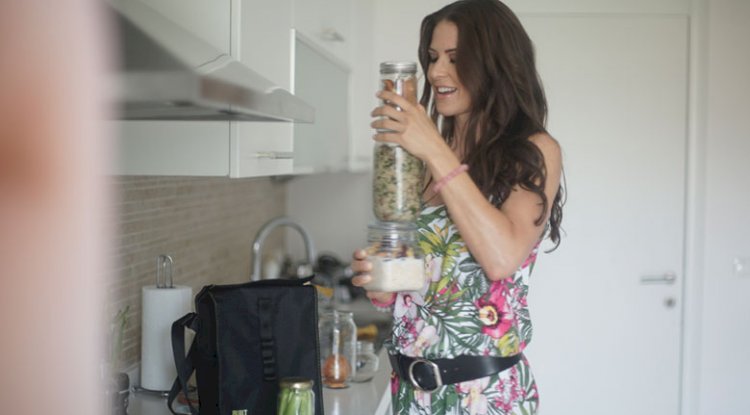The rewarding Benefits of fasting
Fasting is difficult but when you do it right, you can make this month the time for new beginnings and aim to become fitter than ever.

For Muslims Ramadan is a holy month, honouring the period when the first verses of the Quran were revealed to the Prophet Muhammad by the angel Gabriel. Allah says: “The month of Ramadan in which the Quran was revealed, a guidance for humanity, and clear (signs) for guidance and judgment…” During Ramadan, Muslims are supposed to read the Quran more often, abstain from eating, drinking, smoking and sex from sunrise to sunset. This fasting is intended to bring the faithful closer to God and to remind them of the suffering of those less fortunate.
Lots of my followers are concerned that they will put on weight during the fasting period. Not necessarily, this month can actually be an opportunity to get rid off addictions and become more balanced and healthy!
Pregnant, nursing, sick or elderly people are not meant to fasten, only healthy individuals can benefit from this spiritual period. In an international congress on “Health and Ramadan” held in Casablanca a couple of years ago, several medical studies found that if there were any negative effects seen at all, it was in those who over-indulge in food at Iftar or do not sleep well at night. That said, Ramadan is an excellent time for people to quit smoking and stop eating chunk food. You will realise that after a couple of days and definitely after 21 days, you won’t crave cigarettes or greasy food anymore.
Ramadan is also a wonderful time for your soul because you are to reflect and take it slow. Due to the given hours of Iftar and Sahoor, you are likely to eat proper food at a set time. Why don’t you go for a light walk after dinner or do my Yoga video on Youtube in the morning or before going to sleep? Light a candle and drink a cup of herbal tea, read a book, maybe the Quran. Concentrate on yourself and your wellbeing and observe the effect that the different foods have on you. You will also understand how little food you actually need to function if you don’t work out.
Please don’t go to the gym while you are fasting, training when you are dehydrated is nothing healthy. It is important that you are choosing the right foods for Sahoor so you won’t feel too hungry and thirsty during the 17 hours you are not allowed to eat and drink. Here are my answers to the most common questions:
WHICH FOODS ARE A NO NO FOR SAHOOR?
– Salty Foods
– Spicy Foods
– Fast Food
– Heavy Desserts
HOW MUCH SHOULD YOU EAT FOR SAHOOR?
– 1 Portion of complex Carbs: 1/2 cup of oatmeal, brown rice, bulgur wheat or quinoa. Or one slice of wholewheat bread
– 1 Portion of Protein: 60 gr lean meat, 2 eggs, 4 slices of cheese, 1 cup of legumes (lentils, chickpeas etc.), 1 cup yoghurt or 1 glass of milk
– 1 fresh Fruit: 1 apple, 5 strawberries, 3 apricots, 1 peach, a slice of watermelon
– 1/2 litre water
WHAT ARE OPTIMAL MEALS FOR SAHOOR?
– Quinoa Fruit Salad with a glass of Cinnamon Milk
– Veggie-Omelette with Cheese and Strawberries aside
– Cottage-Cheese Sandwich with Cucumber Slices and an Apple
– Oatmeal Parfait with Yoghurt and fresh Fruit
